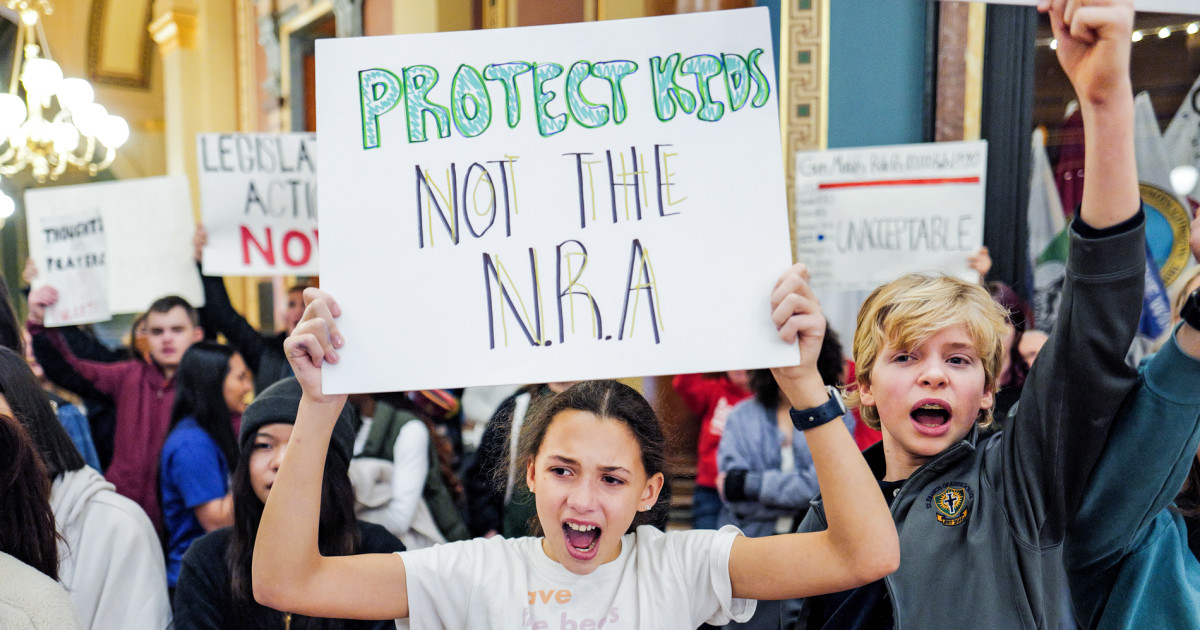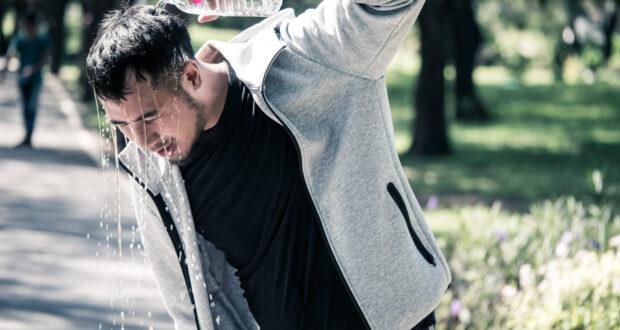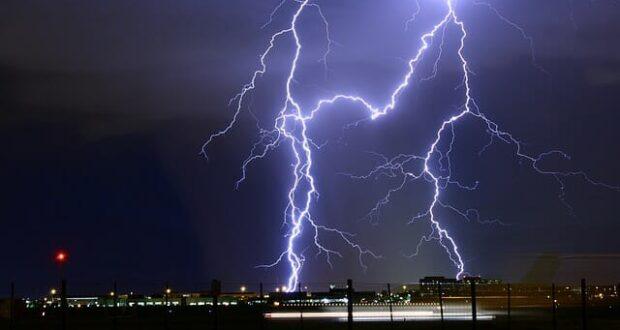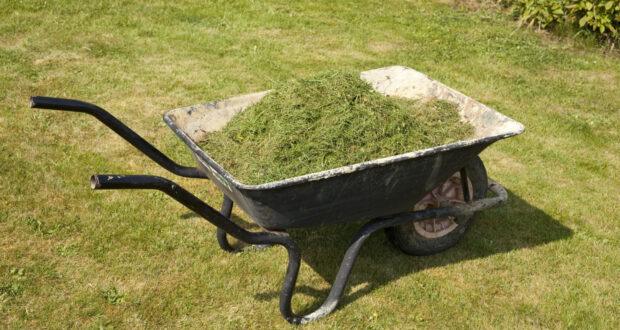It’s been quite a week in the letters to the editor section. Dozens of longtime and first-time letter writers chimed in on the contentious question of the Chronicle’s daily Bible verse. Thank you to all the readers who shared their thoughts on whether we should keep it, expand it or let it go the way of the telegraph. I was not expecting the huge response (including from former Chronicle staffers), and it was a pleasure to read your arguments for or against it. I can tell you we’re carefully taking your points into consideration. If you missed the conversation in print, be sure to check out the full array of letters online.
I know you went into journalism straight out of college, and spent time reporting in Philadelphia and your home state of New York before coming to the Chronicle in 2017 as a Gulf Coast reporter. You’ve covered your fair share of horrific events in that time. Could you talk about your first meaningful experience writing about gun violence?
It was a culture shock, coming to Texas, because gun culture is just not a thing in New York. So the first time I really had to write about a shooting in an intimate way was May 2018. Since I covered the Gulf Coast, I was in Galveston, and Santa Fe is about a 20-minute drive away. I got a text from one of the news editors saying that we were getting reports of an active shooter at a high school and asking me to check it out.
It was my day off, but I got in my car and drove to the school. I was the first Chronicle reporter on the scene, and when I got there, it was complete chaos. You couldn’t get close to the school, so I parked maybe like a block or two down. And I saw kids just streaming out of the building, distraught. Crying. Terrified. It was clear it was all still happening or the worst had just finished.
Because I had no real instruction, I just started talking to people. I tried to be sensitive, to get details without asking too much of people. You have to read their reaction to see how they’re dealing with it. It was a lot to unpack. Really, it was a crash course.

How has covering gun violence been different since you joined the Chronicle editorial board in 2021?
On the opinion side I have more freedom to have my own perspective and get that on paper, with the consensus of the board. It’s been helpful for me because we try to approach the gun issue from a wide variety of angles — including historical, legislative, cultural and emotional — but it’s still hard for me to entirely remove my own very strongly held beliefs and fears about guns. I find it difficult to reconcile that with the sheer political inertia around this issue in the Texas Legislature. Somehow Uvalde can move Congress to do the bare minimum of passing a bipartisan package of federal gun laws, but here, in the state where it happened, that tragedy is not enough to bring about reform? That strikes me as sad. I feel deep sadness for those families.
How do you battle against those feelings of frustration over how little has changed in Texas after so many shootings?
I try to find inspiration against that hopelessness. I find inspiration in the Uvalde parent who waited 12 hours to testify for a minimal gun control bill in the Legislature. Or by writing about a Texas NRA member who gave up his membership after Uvalde and had a wonderfully nuanced perspective with depth. Stuff like that is inspiring. I’m inspired more by the people who are affected by gun violence and fighting for change than by the hope that something is going to change.
Why do you think it’s important to keep writing about these issues?
As journalists, we’re taught at a very fundamental level that we have to kind of be above the story or to avoid getting too close to it. I don’t fully agree with that idea. But I do think it’s important to not get too pessimistic or defeated, particularly writing as the board, because I like to think people look to us to help them sort out their own views on really critical, hot button issues.
To the extent that there are still people out there willing to be persuaded on guns, the hope is that we can reach them and, by continuing to explore every possible angle, get through to people. Little by little, that can make a change.
But I’ll be honest, having covered mass shootings has changed my life profoundly. And it’s extremely hard every single time. I have intense waves of anxiety and sadness that wash over me every time I sit down to write about this. It’s a process. You don’t forget all of the really upsetting aspects.
—
If you have a question you’d like to ask Nick or any other member of our board, send us a letter at viewpoints@chron.com.
Regina Lankenau is assistant op-ed editor and a member of the Houston Chronicle editorial board. This piece originally appeared in Thursday’s SaysHou newsletter, a subscriber exclusive dedicated to your letters to the editor. To join the conversation, sign up at: https://www.houstonchronicle.com/newsletters/opinion/



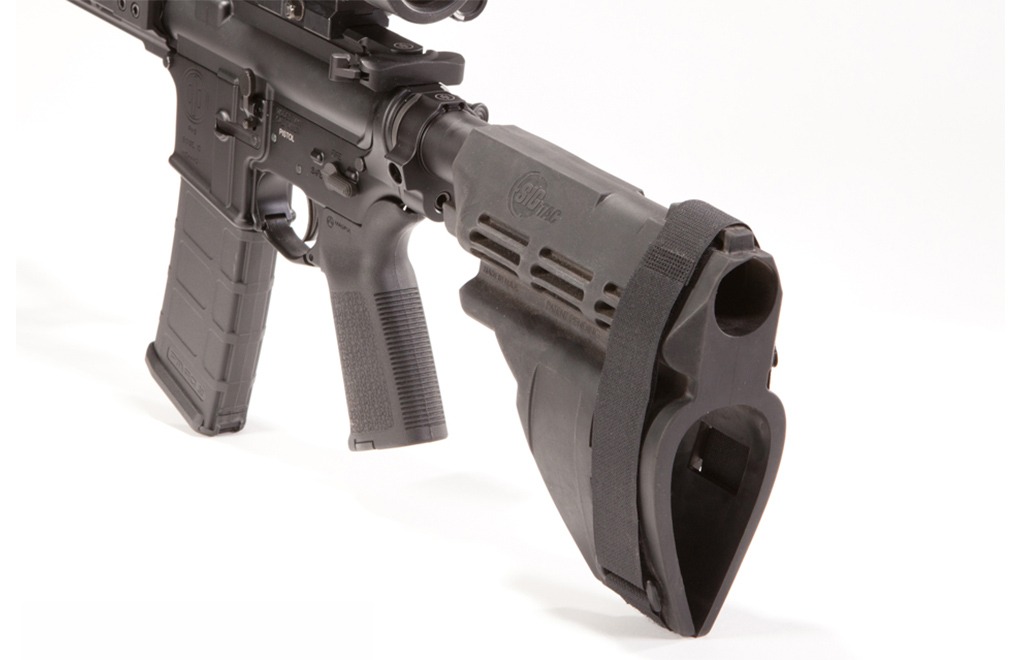

/cloudfront-us-east-1.images.arcpublishing.com/pmn/6SDEW3S2D7P5A7TQAYXIP2ROQY.jpg)



